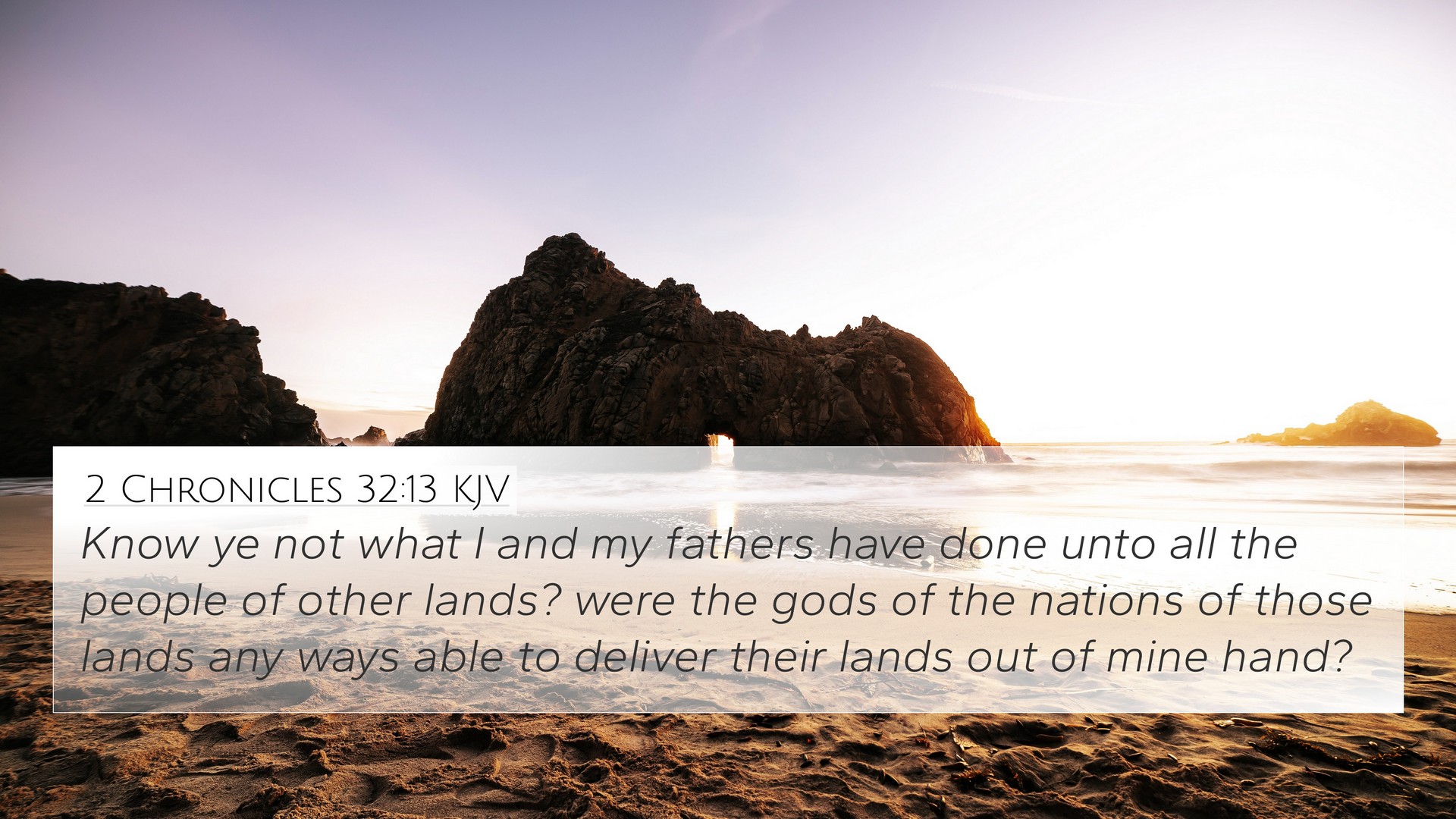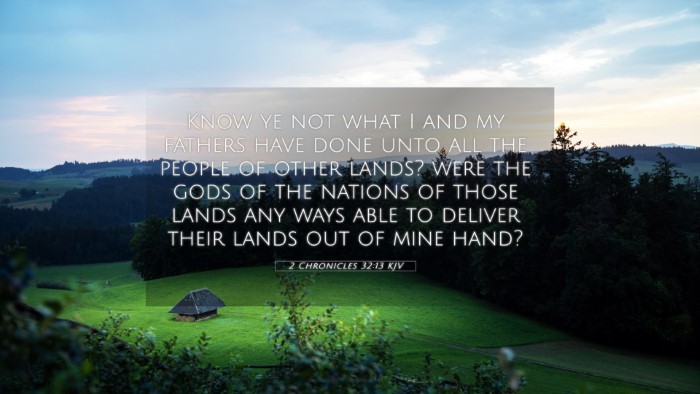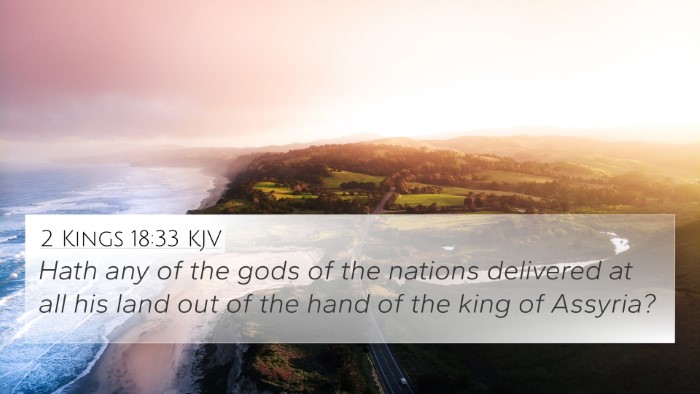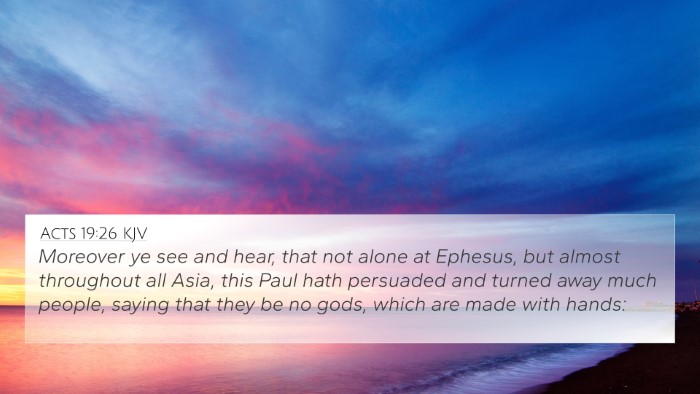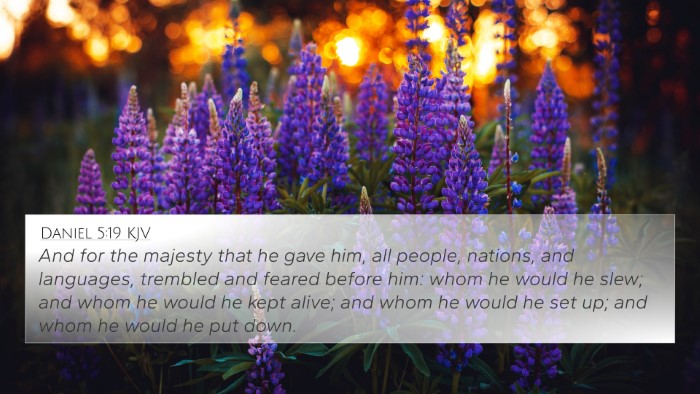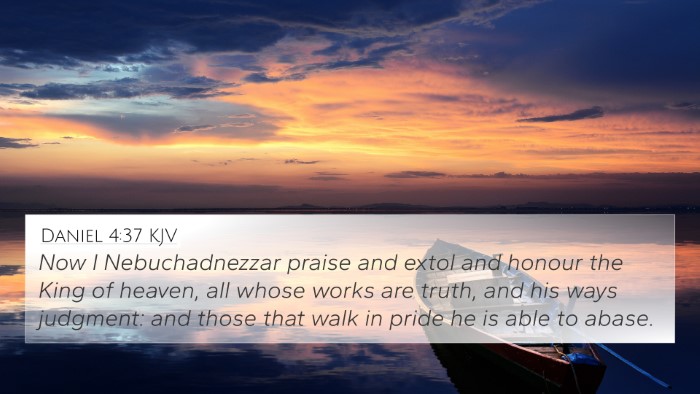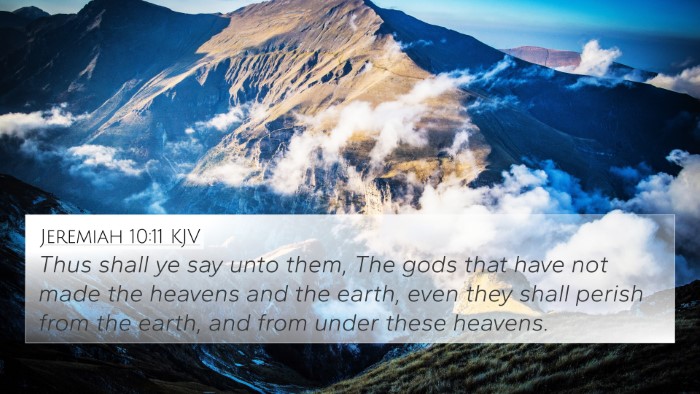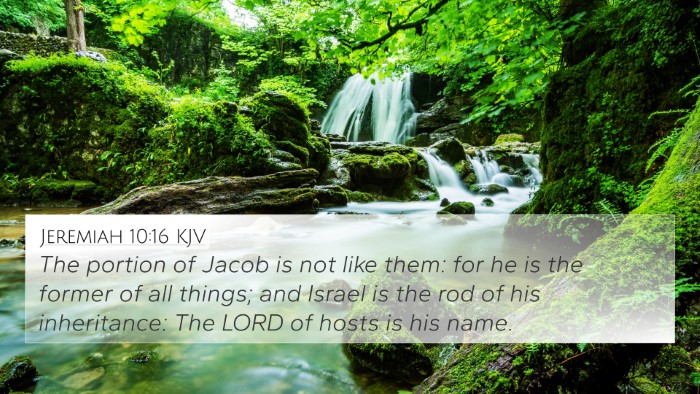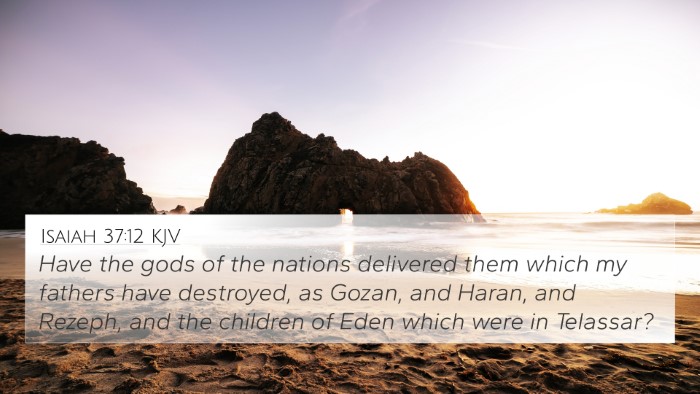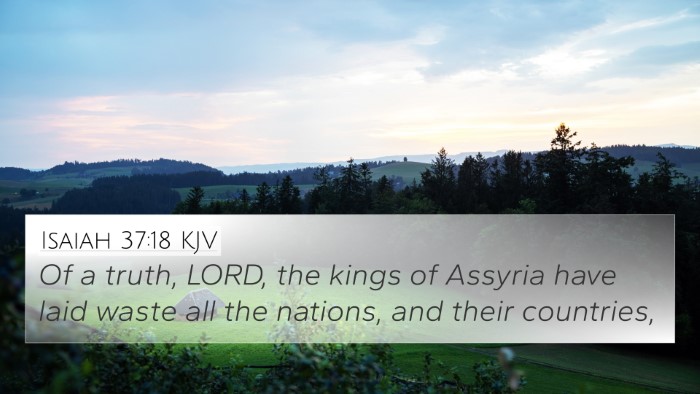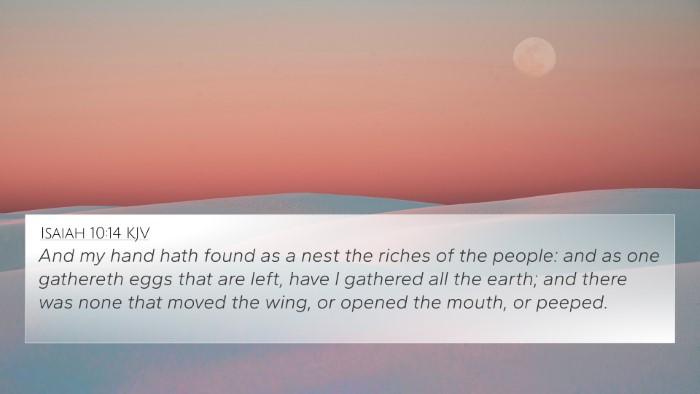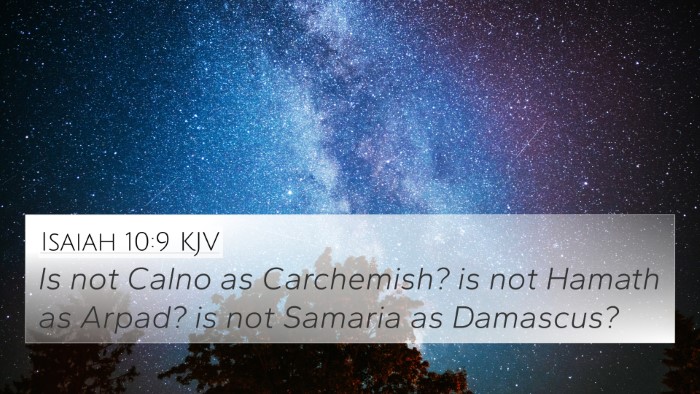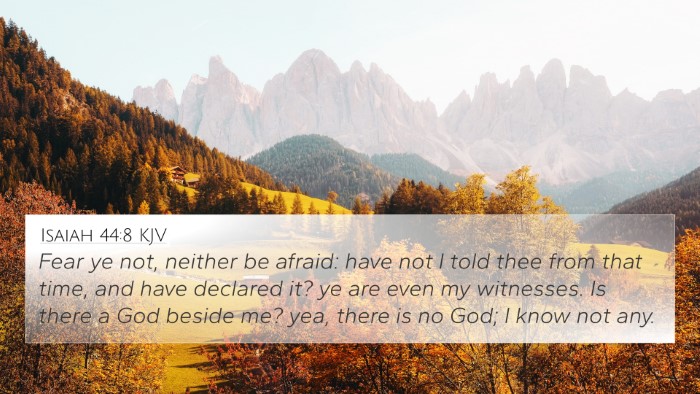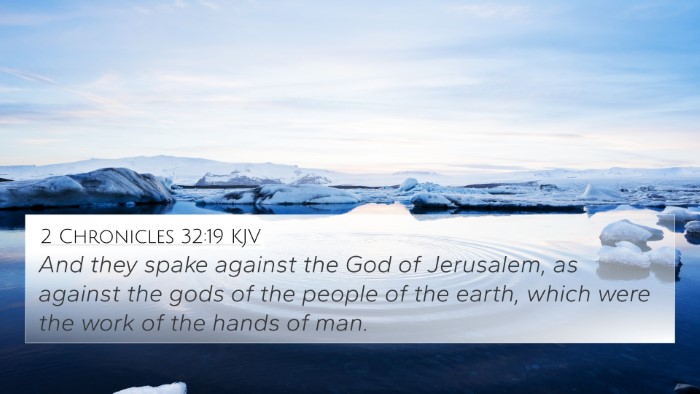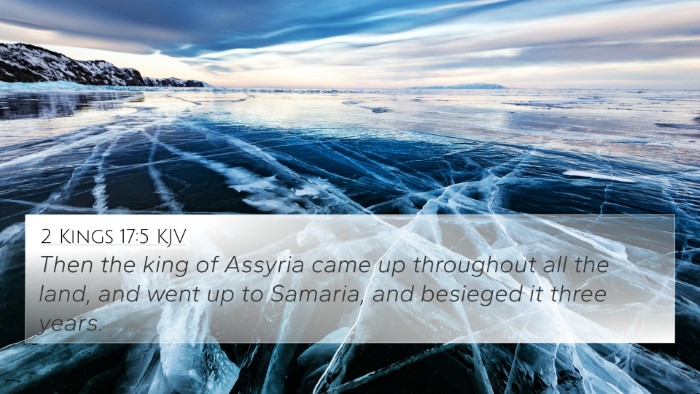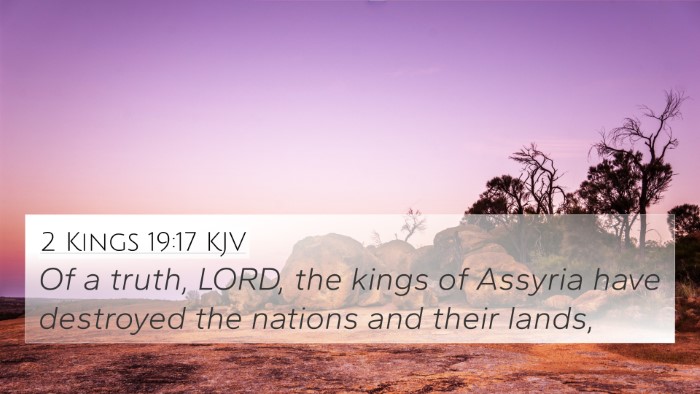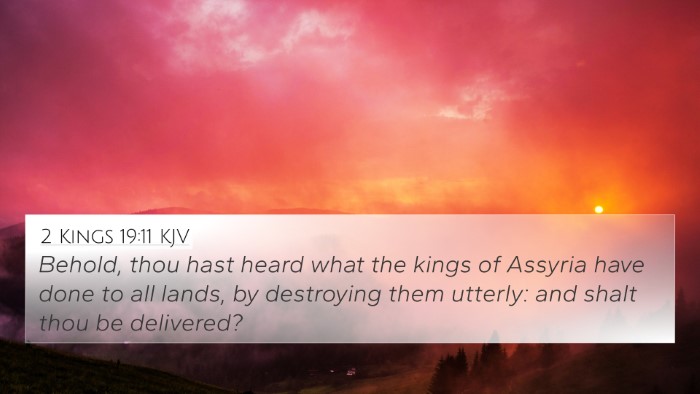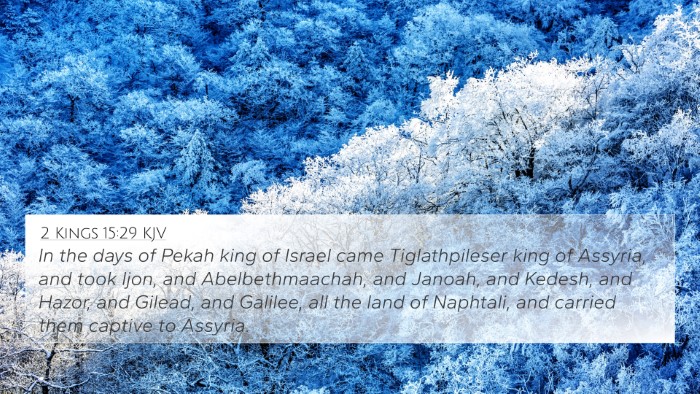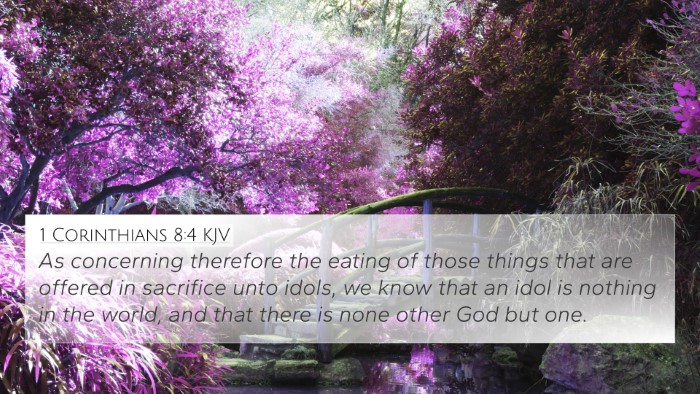Understanding 2 Chronicles 32:13
Verse: "Know ye not what I and my fathers have done unto all the people of other lands? were the gods of the nations of those lands any ways able to deliver their lands out of mine hand?" (2 Chronicles 32:13)
This verse is part of the account during the reign of King Hezekiah of Judah, confronting the Assyrian king Sennacherib, who threatened Jerusalem. Hezekiah reminds the people of Israel of the powerlessness of foreign deities before the true God. This gives insight into themes such as faith, the impotence of idol worship, and divine protection.
Summary of Insights from Public Domain Commentaries
Matthew Henry Commentary:
Matthew Henry emphasizes Hezekiah’s appeal to Israel’s history, contrasting the successes of Judah against the failures of other nations. Sennacherib’s challenges are framed within the context of God’s deliverance versus idols’ impotence, encouraging readers to trust the Lord as the ultimate guide and protector.
Albert Barnes' Notes on the Bible:
Barnes points out that Hezekiah is illustrating the superiority of Yahweh over pagan gods. This invitation for reflection implies a significant challenge to idolatry, reinforcing the theme that those who trust in false gods will find no aid, especially in times of crisis.
Adam Clarke's Commentary:
Clarke provides a deeper theological insight into the nature of divine sovereignty and human vulnerability. He highlights the historical context, the political landscape, and the spiritual implications of relying on God versus the futility of idol worship, urging readers to maintain their faith regardless of external pressures.
Key Themes
- Faith in God: Reaffirmation of the necessity of faith in God's power over the challenges posed by external threats.
- Idol Worship: The exposure of the ineffectiveness of foreign gods as a reflection of the folly of idol worship.
- Divine Protection: Assurance to the faithful that God is a sovereign protector who is mightier than any worldly power.
Related Bible Verse Cross-References
- Isaiah 36:18-20: Warnings from the Assyrians about trusting in God.
- 1 Kings 18:21: Elijah’s challenge about loyalty to the true God versus Baal.
- Psalm 115:3-8: Contrast between the living God and worthless idols.
- Isaiah 46:5-7: The Lord’s challenge to compare Him with idols.
- Jeremiah 10:10-14: The living God versus the futile ways of the nations.
- 2 Kings 18:32: The promises of Hezekiah's assurance of protection.
- Romans 8:31: If God is for us, who can be against us?
Conclusion
The meaning of 2 Chronicles 32:13 emphasizes the futility of relying on idols and reaffirms the strength found in trusting the one true God. Hezekiah’s challenge serves as a powerful reminder to believers about the necessity of faith, particularly in times of uncertainty and strife.
Exploring Connections between Bible Verses
Understanding this verse broadens the landscape of Biblical studies and theology. It shows how interconnected the scriptures are—allowing scholars and believers alike to explore themes of faith, God's authority, and the nature of idols throughout both Old and New Testaments. Using tools for Bible cross-referencing can enhance one’s grasp of themes and divine narratives, reflecting the comprehensive nature of God’s word.
Tools for Bible Cross-Referencing
- Bible Concordances
- Cross-reference Bible Study Guides
- Reference Resources and Chain References
Encouragement for Study
For those eager to dive deeper into scripture, studying cross-references between verses like 2 Chronicles 32:13 and the related passages can yield rich insights into God's character and history. It can lead to a more profound understanding of inter-Biblical dialogue, enhancing both personal faith and academic study.
